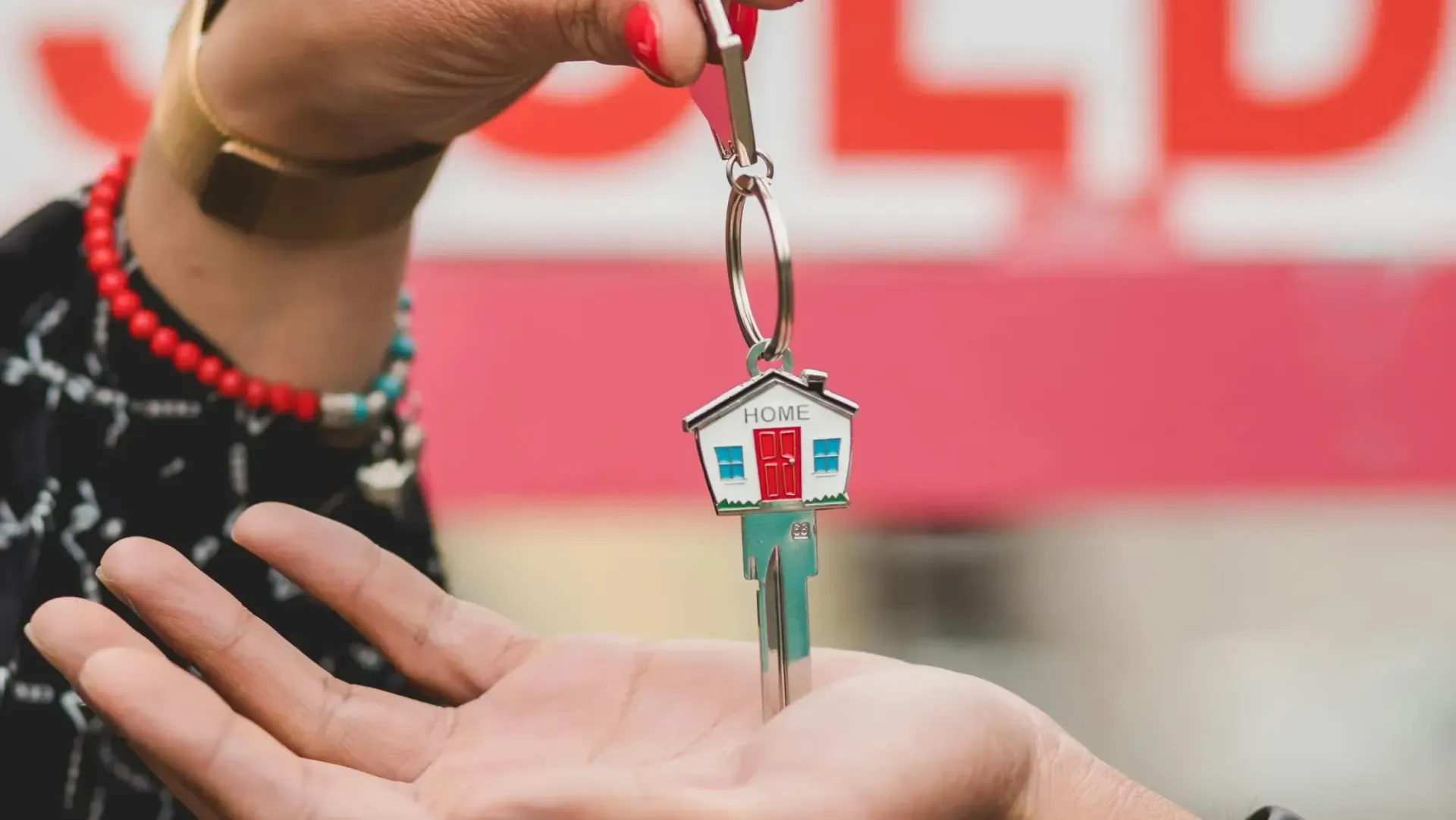I'm Buying a New Construction. Why Do I Need An Inspection?
There are many benefits to purchasing a newly built home. If you catch the builder early enough in the process you can often pick finishes, such as your own colors, flooring, cabinets, appliances, and more. Most builders include a one-year warranty with the purchase of a new home.
Everyone loves a warranty!
You’re probably thinking you’ve got it made as far as repairs go. “Everything is new, I should be able to live here a long time without having to replace anything!” “Right?” In a perfect world, sure! Roofs will last 25+ years, and that fridge will last 30 like your grandmothers did. Your Plumbing? It’s new! There’s no way it will leak! Yeah, right. You’ve no doubt heard someone say, or said yourself, “things just aren’t built the same anymore.” With streamlining of manufacturing processes, things just don’t last as long as they once did. And that includes your
new home.
There are wonderful builders out there that produce a well-built, top-notch home. However, the truth of the matter is no matter how great a reputation your builder has, you can’t skip the inspection process. Most builders aren’t hands on, even great ones. They have foremen, superintendents, contractors, sub-contractors, and sometimes those “subs” hire the “most affordable workers.” If one link in that chain isn’t doing their best work, something could easily be missed. In the end the builder, should be responsible for the product being produced. Period. No, they might not have done the work themselves, but they hired the guy who hired the guy to do the work, and the guy who is supposed to oversee that work reports directly to the builder.
“Wait a minute, if the home is built in an area that requires building inspections won’t they check for problems?” Yes, and no. A good Building inspector is going check to make sure that the workers are following and meeting the required building codes. But no one’s perfect. We make mistakes, we miss things, we have bad days. And that includes building inspectors. They are there to do a quick once over, and don’t often look at the details of construction. Sometimes a product can be faulty. But what if that fault isn’t noticeable at the time an inspector does his job?

“So, what are some common problems with new construction that a building inspector might not catch?”
Here are 3 examples:
- Roof problems. Flashing, uncut ridge vents, torn shingles… An inspector could miss one, and Not ALL superintendents are going to double check these things.
- Grading issues. Flat grading, or grading that slopes toward the home, often goes unnoticed and can create serious issues in the future.
- Poor exterior work. Sloppy fascia, soffits, and siding can easily be missed and cause major issues down the road, like water damage.
“So what do I do?” good question. Hire an inspector. Even if it’s not required. ESPECIALLY, if it’s not required. Some states don’t require building permits or building inspections in rural areas. If that’s the case with your new home, Hire an inspector! Make sure you let the builder know up front, that you will be hiring your own inspector. If they say no, find another builder. Most builders should be fine with you hiring you own inspector as long as they have notice and can account for that time in their building process. Building Inspector Meredith Jones, from Birmingham, Alabama says this: “Builders can be upset when you don’t notify them at the beginning of the contract process that you are planning to have one or more inspections prior to the closing date.” Meredith says You should include wording like this in your contract “Builder to give client 3-5 business days’ notice for the completion of buyer’s pre-drywall phase inspection prior to moving forward with installing insulation and drywall in the home. Builder to have certificate of occupancy and permanent power on before the client has their final home inspection, 5 days prior to closing.”
The safest bet is always to check with local officials to see if inspections are required. If you are curious what all an inspector you hire should look for, click here for a link below to their standards of practice.













